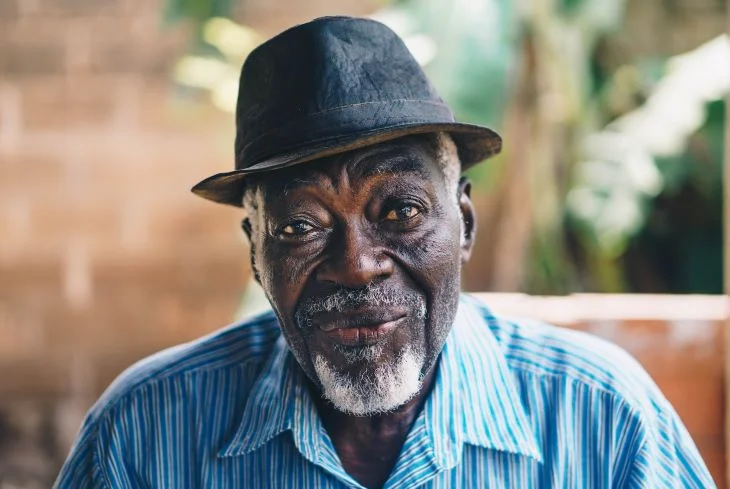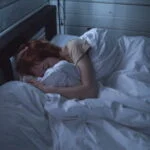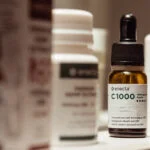Drug & Alcohol Rehab in Brighouse
A good base of knowledge before you get started with drug and alcohol rehab in Brighouse is very important.
If you can go in knowing about the process, and knowing what might suit you specifically, can really help you to feel more confident and can lessen the fear of the unknown that holds a lot of people back.
If you’re struggling with addiction and don’t know where to go, OK Rehab is here to help.
Below, we have lots more information about drug and alcohol rehab in Brighouse.
As you can see, this includes the basic steps of the process, the connection between addiction and mental health and a guide to detoxes.
If you’d like something a bit more concrete than that, we also have plenty of other resources, as detailed below. All you need to do is reach out to us.
The first steps of drug and alcohol rehab in Brighouse
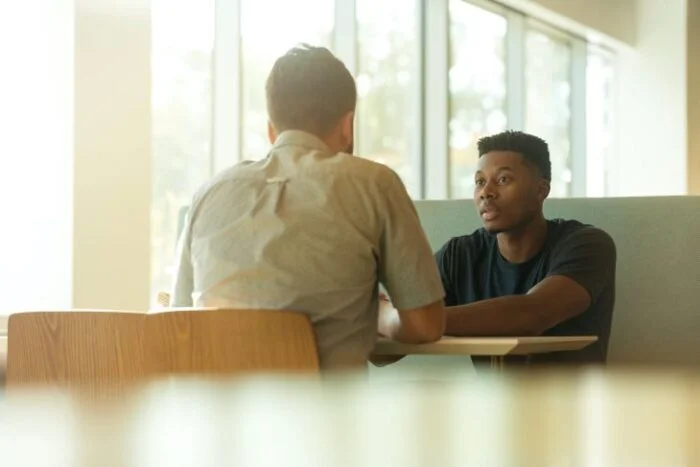
The first stage to get help is to get in touch with an organisation like OK Rehab.
If you’re not looking for anything specific, we can start off with some general advice. If you’re lost on any subject related to addiction, we can guide you.
This also applies if you’re doing all of this research on behalf of somebody else. Dealing with the addiction of someone you care about isn’t easy and we’re here to support you too.
While we’re on the subject, if you feel it’s something you need, we can also help with interventions.
At OK Rehab, we offer free advice from a team of non-judgemental professionals, many of whom are in recovery and understand how hard it can be to change your relationship with addiction.
To find out more about rehab in Brighouse, simply reach out to our 24/7, confidential hotline on 0800 326 5559.
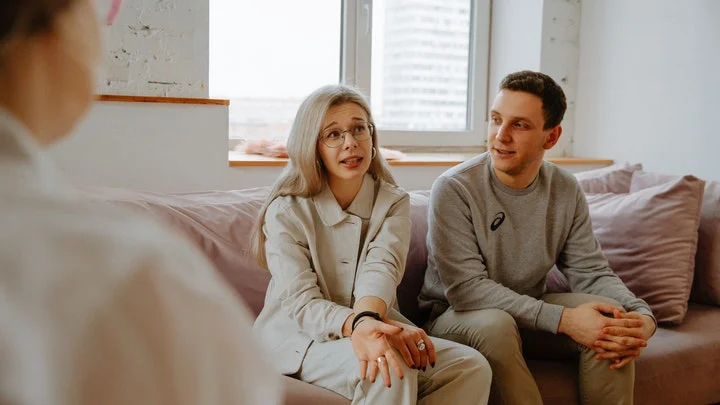
It might seem like a drastic step, but it’s often the best way to get through to someone if they won’t listen for whatever reason.
If you’re looking for specific treatments, we can also create a plan specifically designed for your needs.
Addiction is often complex, with your rehab experiences depending on several factors. This is why individualisation is very important.
In addition to what we’ll already know from our initial conversations with you, at this point we usually do some kind of formal assessment. This is designed to establish several key facts, primarily:
- What you’re addicted to
- How severe your addiction is
- Your previous experience with treatment
- The current level of support that you have
Once we’ve got all that down, we can start planning your treatment. Then, if you’re still on board, you can move on to the detoxification and rehabilitation stages.
What is the end goal of drug and alcohol rehab in Brighouse?
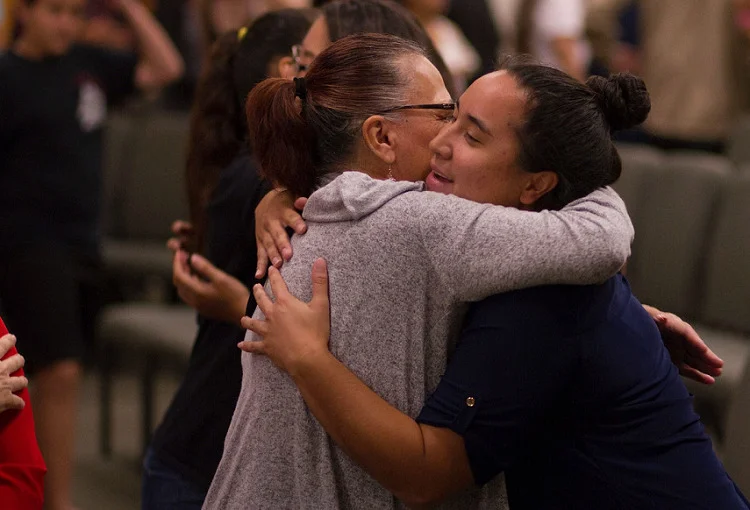
To put it simply, the end goal of drug and alcohol rehab in Brighouse is to help you manage your addiction.
Unfortunately, getting rid of it entirely is an unrealistic goal. Addiction has too many complexities to be solved that easily.
It’s a lifelong battle, so maybe you could think of rehab as full professional training for that fight. Through it, you’ll learn coping strategies.
Alongside this, you’ll also finally be able to fully unpack any mental health issues that led to your addiction in the first place, or were caused by it.
And through detoxes, you’ll be able to break down the physical dependence on drugs and/or alcohol that you might have developed.
At OK Rehab, we offer free advice from a team of non-judgemental professionals, many of whom are in recovery and understand how hard it can be to change your relationship with addiction.
To find out more about rehab in Brighouse, simply reach out to our 24/7, confidential hotline on 0800 326 5559.
Addiction and mental health
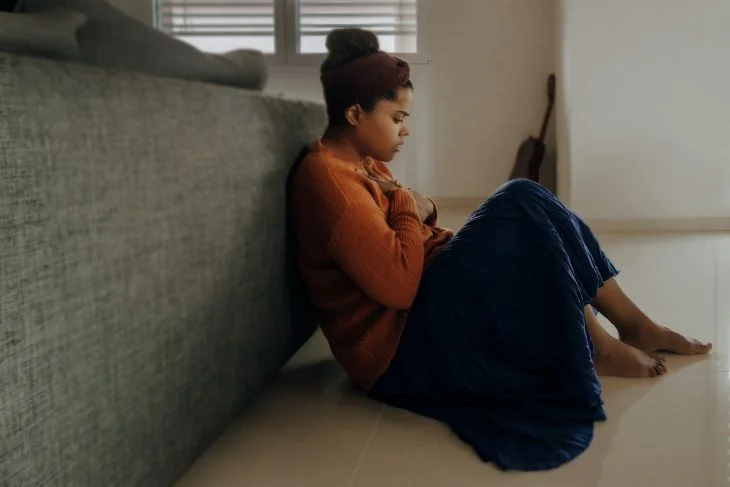
There is of course a strong connection between addiction and mental health. It is itself a mental as well as a physical issue.
Many people who struggle with addiction started using because of mental health issues. And long periods of use can cause things like depression, anxiety or even eating disorders.
You’ll need to learn to deal with these issues to manage your addiction going forward. Which is why therapy and counselling are staples of treatment.
“Therapy and counselling” is of course an umbrella term, encompassing various kinds of treatment.
Again, depending on where you go for treatment and what your specific circumstances are, you could have a pretty different experience.
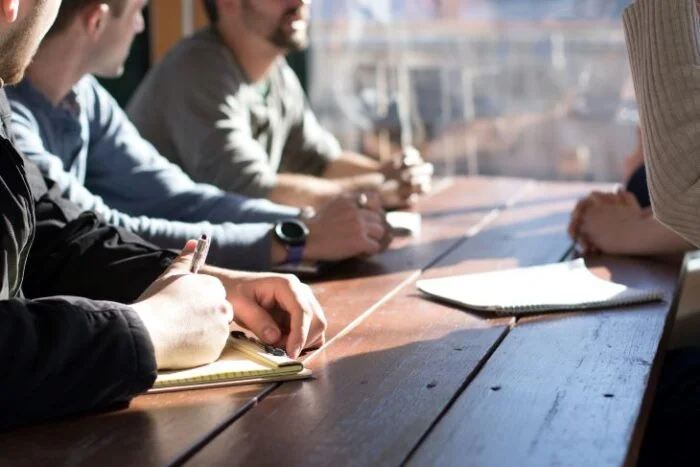
But some of the most common forms of therapy and counselling used during the rehab process include:
- Cognitive behavioural therapy – often shortened to CBT, this is a form of therapy which aims to unpack your cognitive distortions (unhealthy thinking and behaviour patterns). This is done via sessions with a professional, who encourages you to rethink previous behaviours. The structure of CBT also allows you to develop as an individual, as you work through your own issues.
- Art and music therapy – these are technically separate, but we’re putting them together as they’re so similar. They both provide participants with creative outlets, which can be extremely cathartic. They also both have less of a focus on your addiction and any mental health issues that might have led to it, so it can be a nice break/distraction in comparison to the heavier stuff.
- Group therapy – Support groups are a well-known staple of addiction treatment for a good reason. They’re similar to group therapy, giving you connections to people who can truly understand what you’re going through. This can lead to important relationships forming, with people who can really help to support you moving forward
- Motivational interviewing – This one is similar to CBT in the way that you’re encouraged to re-examine your behaviour. Here, you’re asked a series of non-judgmental questions, designed to make you reassess past events and look at spaces where you could change.
Finally, a lot of physical treatments other than detoxes are also designed to improve your mental state, so the rest of treatment is a smoother ride.
Massages are available to help you relax, for example, often alongside reflexology and acupuncture.
Yoga is also commonly used during rehab for the same reason, alongside its physical benefits.
Detox & Aftercare

In addition to mental health treatments, there is of course a physical side to all of this too. Many people struggling with addiction find that they can’t stop due to withdrawal symptoms.
These occur at a stage where dependence has developed, if you try to suddenly stop using without proper support.
With certain addictions, they can even get to a level of being dangerous. Although they do of course vary based on both the intensity of your addiction and what you’re addicted to in the first place, it’s always something you should be aware of.
In the first stages of your treatment, we’ll try to avoid these symptoms by slowly and safely reducing your intake.
This is the stage known as rehabilitation. After that, the final stage is aftercare, where you’ll transition to post-rehab life, whilst continuing to receive treatment.
At OK Rehab, we offer free advice from a team of non-judgemental professionals, many of whom are in recovery and understand how hard it can be to change your relationship with addiction.
To find out more about rehab in Brighouse, simply reach out to our 24/7, confidential hotline on 0800 326 5559.
